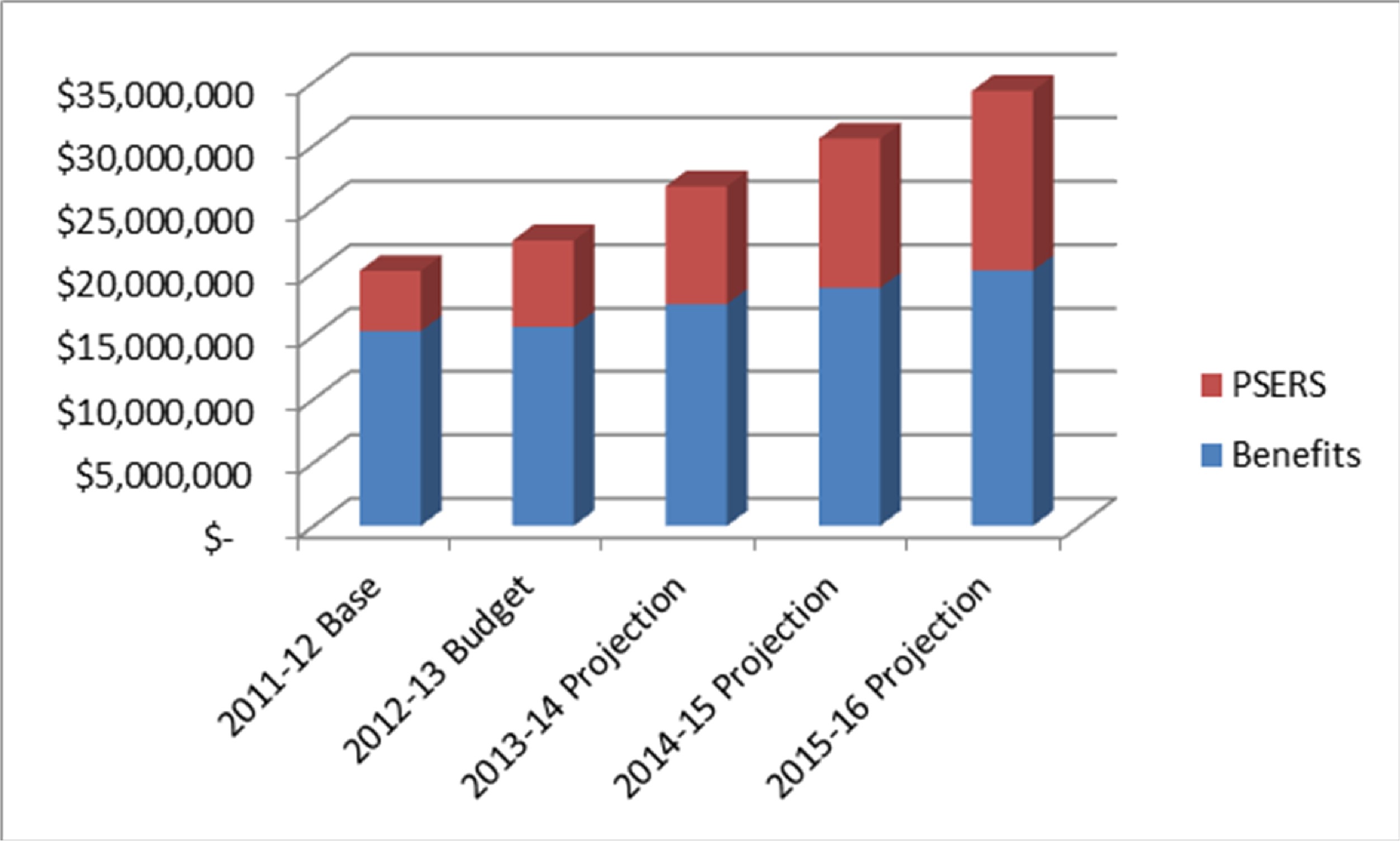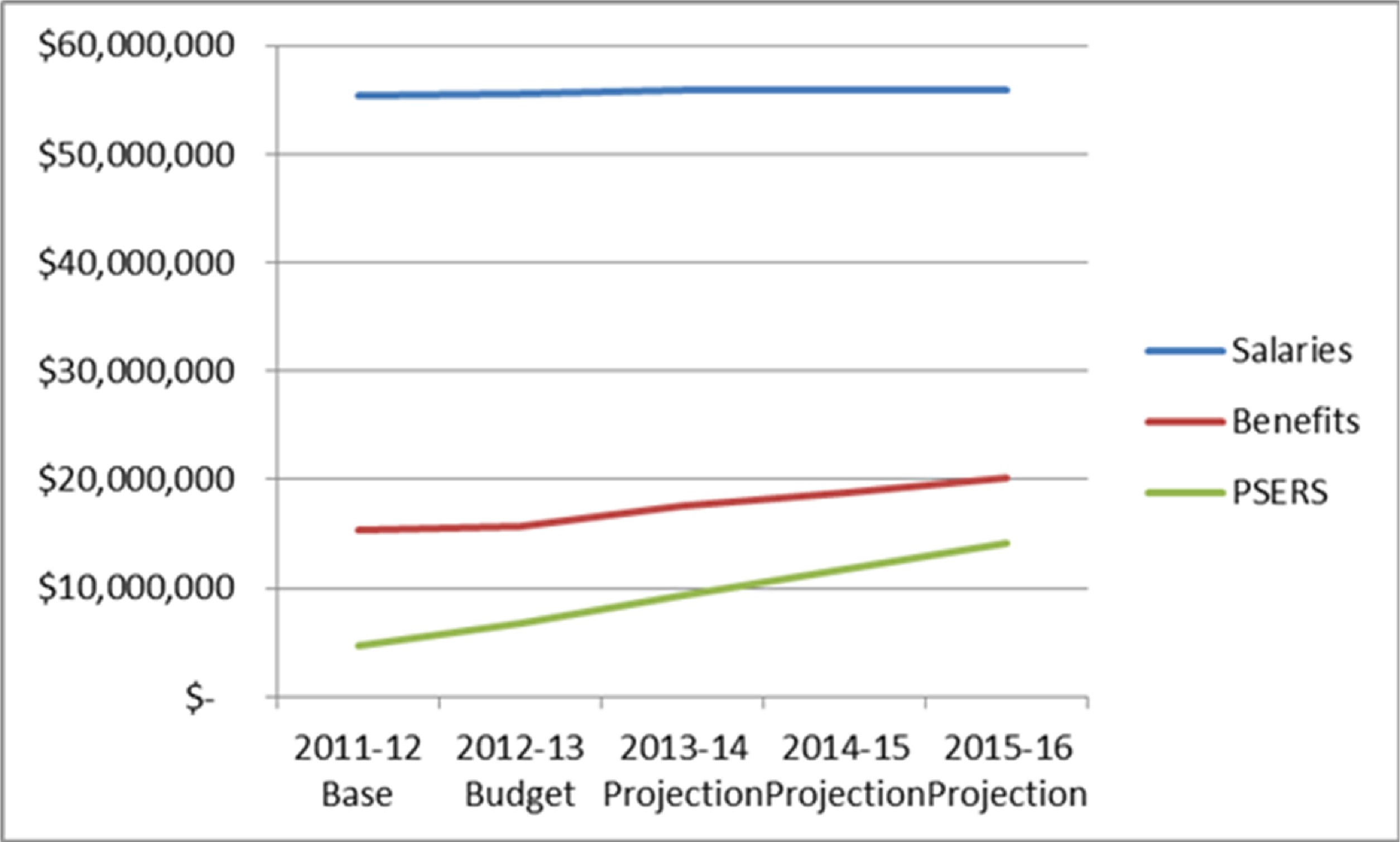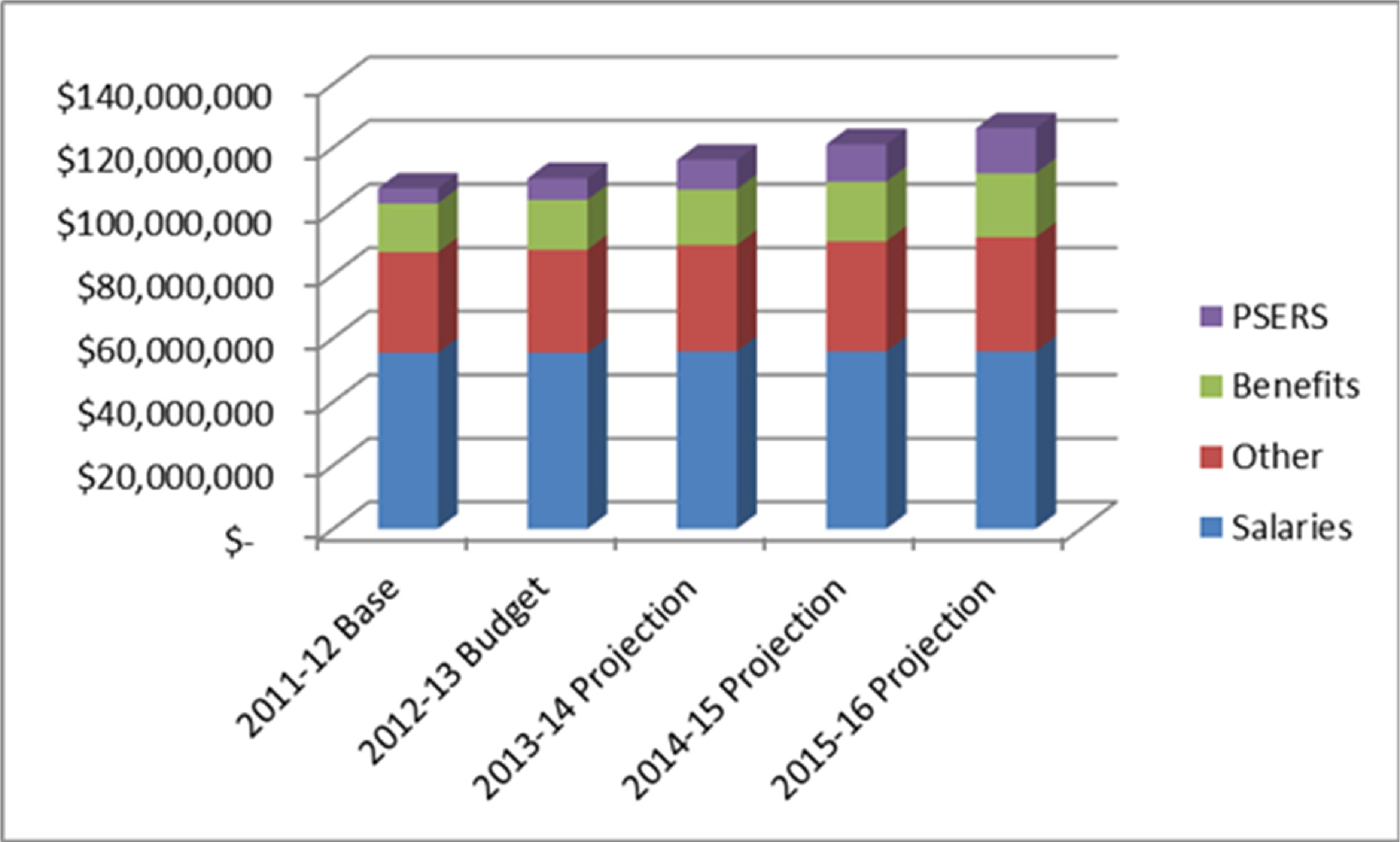In the T/E School District, the students have returned to school and the teachers have returned to work. However, the District teachers returned to the classroom without a settled contract. The Tredyffrin Easttown Education Association (TEEA) contract with the T/E School District expired on June 30, 2017. 
The teachers’ contract expired in June with absolutely no updates from the School Board – deafening silence on the status of the contract negotiations. In a conversation this summer with a recent teacher retiree of the District, I inquired about the contract negotiations. Asking if the teachers and the District were on the “same page” regarding negotiations, I was told that the sides were “not even in the same book”!
Other area districts started the 2017-18 school year without settled contracts – Lower Merion, Methacton, Coatesville, Springfield in Delaware County. And we learned this week that Lower Merion Education Association has mounted a PR campaign, including an online petition asking the public to sign “and show the School Board that you a support a fair contract for Lower Merion School District teachers and staff.” Drumming up community support for a salary increase in Lower Merion may prove challenging; given that LMSD has the highest paid teachers in Pennsylvania. (average salary is $99,253).
Below is a letter Dr. Robert DeSipio, TEEA President which was posted on its website yesterday. In reading the letter, it is obvious that the teacher contract negotiations between the District and the teachers are stalled. I suggest that both sides need to “open the door” – this “cloaked in secrecy” approach to the negotiations by the School Board is not working and is showing signs of cracking. The public deserves to see the sunlight shine on the negotiations – it would help the parents, taxpayers (and employees) better understand the process and the District’s priorities.
It’s time to turn on the lights, open the windows and the doors.
TEEA Open Negotiations Letter
A Fair Contract for TEEA, the Tredyffrin-Easttown Education Association
The teachers of the Tredyffrin-Easttown School District are currently working without a contract and it is a shame; a shame in many ways. The TEEA teachers are an enormously talented, dedicated group of educators who go beyond the expected and deliver the unexpected. Conestoga High School has been ranked the number one public high school in Pennsylvania for the last two years. Accolades of that magnitude and a number one ranking in the state are not only a reflection of the quality of education at the secondary level, but are also a testament to the dedication of the middle and elementary school teachers who prepare the students in their younger years. From top to bottom the TEEA teachers are top-notch and they deserve a fair contract!
A fair contract means the employer is not asking its employees to pay for his/her own increase in salary; certainly not contract after contract after contract. When the recession of 2008 wreaked havoc on the economy, the TEEA teachers stepped to the plate. We agreed to break the contract that was in place and under which we were working and accepted a half year salary freeze, giving back one million dollars to the district. One million dollars that had been earmarked for teacher salaries instead went into increasing the district’s fund balance. When that contract expired, we continued to give back as the economy struggled to recover from the recession. From 2012 to 2014 we accepted a 2 year TOTAL FREEZE on our salary AND we reduced the quality of our medical benefits AND we agreed to pay more for those benefits. That 2 year total freeze contract ultimately saved the district about $14 million dollars. As we continued to go above and beyond what is expected of us, that FOURTEEN MILLION DOLLARS was not added to our base or awarded to us as bonuses. Instead, it was used to increase the Fund balance of the School District. In addition to all of the above concessions, we agreed to a huge reduction in tuition reimbursement–a large sacrifice for a career that requires additional coursework to obtain permanent certification. We have continued to give back financially while continuing to provide one of the best, if not the best, kindergarten through twelfth grade educations anywhere in the country.
From 2015 to 2017, our contract that just expired on June 30, 2017, continued to reflect give backs. We increased the amount we pay for our benefits while no additional money was added to the teacher’s salary steps.
It is a shame that people who give so much of themselves, have provided so much value to this community, and have given back to the tune of 14 million dollars, are continuing to be asked to subsidize their own raises. Enough is enough! The TEEA teachers deserve a fair contract. We are asking for the support of every TE family to stand with us and to tell the members of this board that enough is enough.
Sincerely,
Dr. Robert DeSipio
TEEA President


